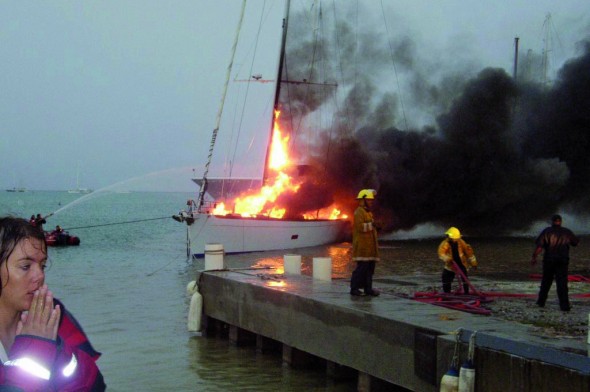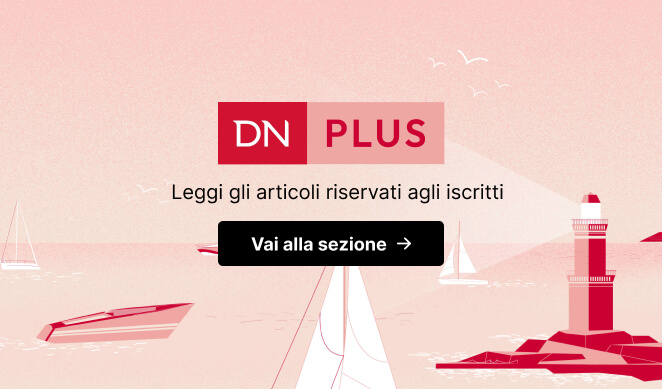Insurance Special – Italian policies, general conditions
We are back with more in insurance, this time the aim is to understand how to choose the right policy level in the Italian system

Insurance Special – Italian policies, general conditions
We are back with more in insurance, this time the aim is to understand how to choose the right policy level in the Italian system
The Insurance Special by Liguria Nautica, with the help of our expert In Young Shing, I Level University Master in Maritime Insurance and Marine & Ground Transport from the University of Genoa, offers our readers another chapter on the delicate topic of “Hull and Machinery” policies.
We are looking again at Italian Policies which, as we saw in the previous article, are based on the Anadi model. Italian Policies, as we will see, are based on the concept of what is called in jargon “all risk” (very different from English policies that use the Institute Yacht Clause, where the perils are nominated). We are of course, talking about maximum level policy here.
Some companies using the Italian Policy model allow for three types of policy levels, to choose from, mainly based on the age and value of the vessel to be insured (for example: the minimum level would be fine for a boat built in 1990 with a sale value of 20,000 euros, but certainly not for a 1 million euro yacht, which, in the case of partial damage could even reach repair costs of hundreds of euros).
In sum, the range of choice the policy holder has are as follows:
“Policy C” or Minimal → this is a basic policy and covers only total loss and abandonment as a consequence of any event, except for theft, kidnapping and piracy;
“Policy B” or Reduced → this is intermediate cover. It covers total loss and abandonment following any event; partial damage, instead, is covered in case of fire, explosion, blast, lightning, theft, kidnapping and piracy;
“Policy A” or Maximum → this policy is the maximum and covers total loss and abandonment of the vessel following any event, while, in regards to partial damage insurance, this is given under the following terms:
Hull damage and to the parts not mentioned can be claimed as part of any event; damage to the engines and electric system can only be indemnified is case of fire, explosion, blast, lightning, theft, kidnapping, piracy, stranding, impact, collision, flooding caused by bad weather; damage to the sails can be claimed when they are the consequence of breakage of the standing rigging or the masts, bars, fire, explosion, kidnapping, theft, lightning, impact or collision with another pleasure boat; damages to inflatables can be claimed when they are consequence of fire, explosion, blast, lightning, kidnapping, piracy.
In the maximum policy, therefore, the insurance company insures all the damages caused to the vessel after ANY event, with limitations that must be specified in the Contract Article dedicated to “Insured Risks”, in the “Limits of Operability” and in “Excluded Risks”.
Obviously this is only the base on which the general conditions are developed, offered by the majority of Italian insurance companies. On the basis of the use of the vessel there is the possibility of adding additional clauses to the policy in order to further extend the cover, as we will see in the next in-depth article.
Who is In Young Shing? she has recently finished her I level Master in Maritime Insurance and Maritime and Ground Transport from the University of Genoa, and currently works in the marine insurance industry. Her thesis title was Hull and Machine Cover in Pleasure Boating. A Case Analysis. Supervisor Prof. Giorgia M. Boi from the faculty of Economy and Luigi Alzona yacht broker from Cambiaso Risso, and will be our source to explain everything you need to know on insuring your boat.
Re-read all our Insurance Special articles here.
Topics: general conditions, insurance special, Italian insurance policies, Italian nautical policy



